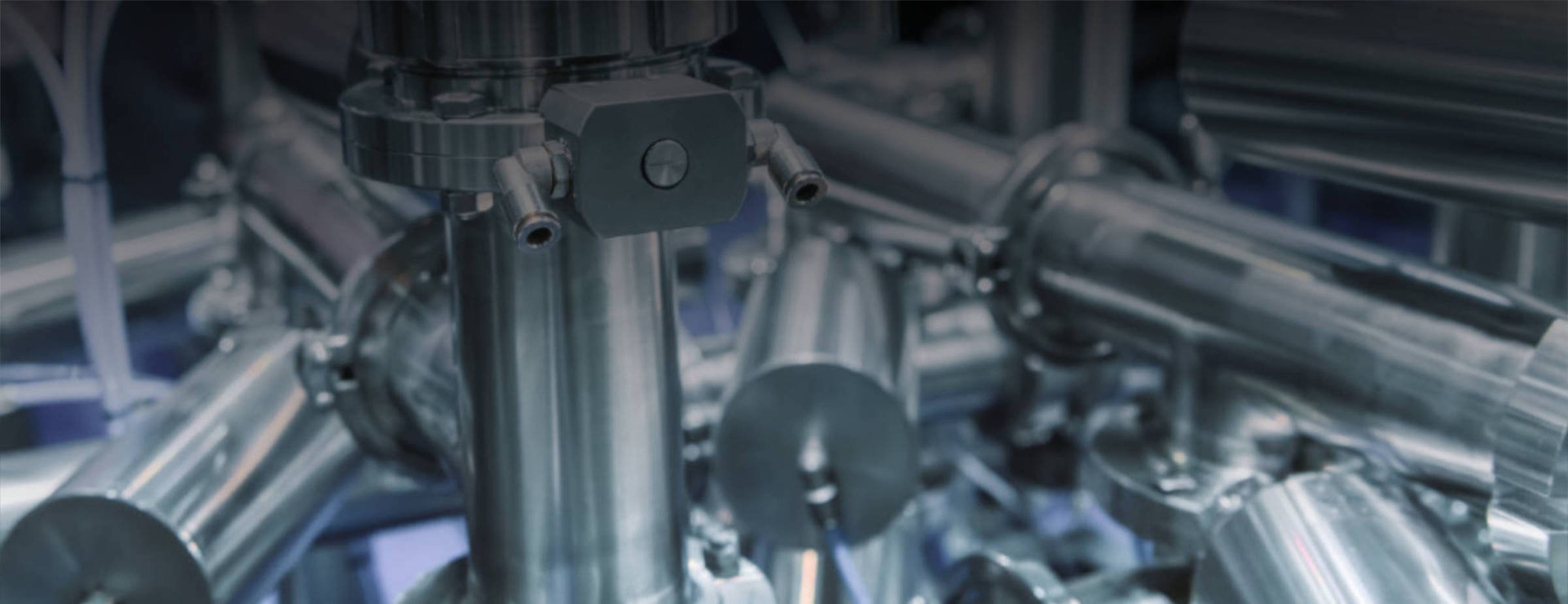
This is how the Mobile ISS AGRI can help with hazardous animal waste disposal
14-06-2019
According to Christine Middlemiss – the United Kingdom’s chief veterinary officer – African swine fever presents such a threat of spreading even further in Europe and beyond, that she can barely sleep at night. The cause for her concerns isn’t unfounded: as of today, there is still no vaccine against the “pig virus”, and the wild boar population is so dense in Eastern Europe, that the disease basically sustains itself.
With such dire circumstances, ASF (African swine fever) is expected to move further west and appear in countries like France and Germany, but the infection is likely to spread even in South-East Asia. In 2019, the first outbreaks of the year were detected in Mongolia, where several farms and veterinaries not only reported symptoms of the virus, but also the death of several hundreds of pigs. Any country relying on pig farming in Asia, Europe, or anywhere else in the world will find it hard to contain the spread of ASF. To put the scale of the infection in perspective, earlier forecasts made by the Russian veterinary body estimated, that the disease would be able to move further west at a speed of about 350 kilometers a year.
Additionally, ASF-infected pork meat based product found in both China and Russia have given even greater cause for concern, as tourists traveling the world could greatly accelerate the spread of the virus across the world, by simply eating the wrong sandwich or sausage. Safety measures have already been taken in some European countries, such as Denmark building a fence on the German border to prevent wild boars from crossing into the country. The Scandinavian country has also raised fines in case of animal transports that haven’t been properly disinfected, and has also built several signs through its highways, warning against the risk that even food waste presents. Precautionary measures have also been taken much further west, as the United States has decided to cancel its World Pork Expo in 2019, even if (as of now) ASF still hasn’t spread that far.
Even if the disease only affects pigs and not humans, there are a great number of countries and businesses alike that are threatened by the spread of ASF. To reduce the risk of infection carried by hazardous animal waste waste management, Celitron has also come up with its own safety measure: the Mobile ISS AGRI Facility.
Essentially, instead of solving the issue of animal waste disposal with a traditional incinerator (which destroys all traces of said waste),this rendering device breathes new life into the whole process with on-site removal, and by enabling the safe recycling of hazardous waste. It can provide local and immediate treatment, with a medical sterilization level that can control any kind of disease, including the ASF and the bird flu. This means that it can turn even infectious waste into stable, high quality products: the Integrated Sterilizer and Shredder system is more than able at neutralizing and eliminating any biohazardous substance responsible for animal diseases.